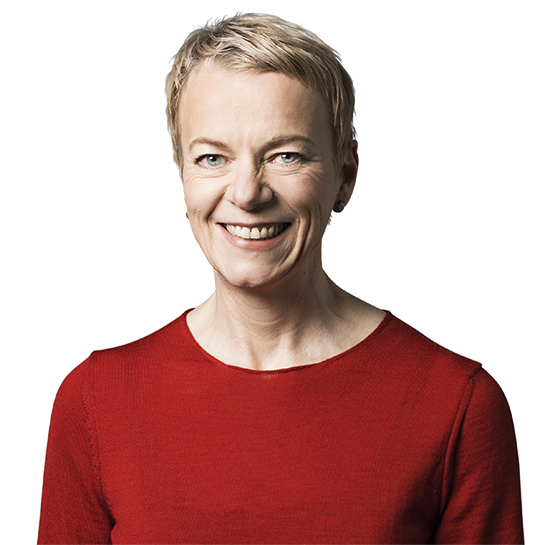
“2021 offered very good conditions for a first university-level agreement in Africa: Within The Guild’s North-South dialog group, principles of collaboration were drafted together with the African Research Universities Alliance ARUA.”
Executive Board
International collaboration is pivotal
Cooperation with other academic institutions in Europe, in particular, is immensely important to the success of the University, its researchers and its students. The exclusion from the Horizon EU research program and. limited opportunities to travel during the pandemic are a huge handicap.
By Prof. Dr. Virginia Richter, Vice-Rector for Development
The second year of the pandemic was challenging, particularly in the areas of “International Relations” and “Continuing Education”, where personal contact is particularly important. Continuing education events had to be conducted online for a while, orientation week for foreign students attending the University for a semester was completely restructured, and both information dissemination and social events were rerouted through the latest digital features. At least we were able to welcome students in person in the fall semester of 2021 and hold various events face-to-face. While a catch-up effect meant that students in Bern were more interested in stays abroad than in previous years, some of them were unable to make those plans a reality due to the situation in their destination country. It would have been the last opportunity for some since their course of studies could not be postponed any more. But even despite the difficult situation, some positive developments can also be reported including progress made in international collaborations including a new priority program with African universities, for example. Health and medicine are now represented even more strongly in continuing education.
Internationalization as a challenge
The University of Bern has come much closer to reaching its goal of helping to shape the international research environment and being perceived as an excellent university. This is reflected not only in the enormous international appeal of its centers and its high success rate in attracting funding, but also in prestigious EU tenders like the European Research Grant. The EU’s decision not to include Switzerland as an associated country in the current “Horizon Europe” research framework program is a handicap with serious consequences. Exchanging information with The Guild (a family of European universities) and its support were more valuable than ever in this situation. Most recently, the European University Association also got involved by issuing a statement in favor of Switzerland and the United Kingdom that garnered a great deal of attention.
Some of the University of Bern’s institutes and centers have been working closely with colleagues in Africa for decades, especially in South and Southeast Africa. However, with the exception of a student exchange agreement with the University of Stellenbosch, no agreements have been reached yet at the university level. 2021 offered very good conditions for a first university-level agreement: Within The Guild’s North-South dialog group, principles of collaboration were drafted together with the African Research Universities Alliance ARUA. This also enabled the University of Bern to find a suitable partner for a joint PhD project in which six PhD students from the ARUA Centres of Excellence are to come to the University of Bern for about six months where they will be accompanied by a supervisor as they work on their own research projects.
Continuing education: Stronger focus on health and medicine
The continuing education portfolio of the University of Bern changes on an ongoing basis – new programs are added and existing programs are adapted to participants’ needs and their fields of work. Over the course of the past year, there were quite a few changes made to the portfolio of continuing education programs within the scope of the University’s key areas of health and medicine. Continuing education programs featuring state-of-the-art research and opportunities to specialize in specific fields are indispensable for healthcare professionals and organizations. Knowledge about leadership and management are becoming increasingly important skills in healthcare as well. Newly developed degree programs include an MAS in Stroke Medicine, a CAS in Sexual Health, and an MAS in Health Psychology and several management degree programs have also been overhauled. The new and improved continuing education portfolio is not only testimony to the University of Bern’s versatility, but also its ability to cooperate: The medicine and health continuing education courses are being offered by several different faculties and some are being carried out in close cooperation with partners from both inside and outside the University. The University of Bern’s entire continuing education portfolio is presented on its continuing education portal: www.weiterbildung.unibe.ch.
